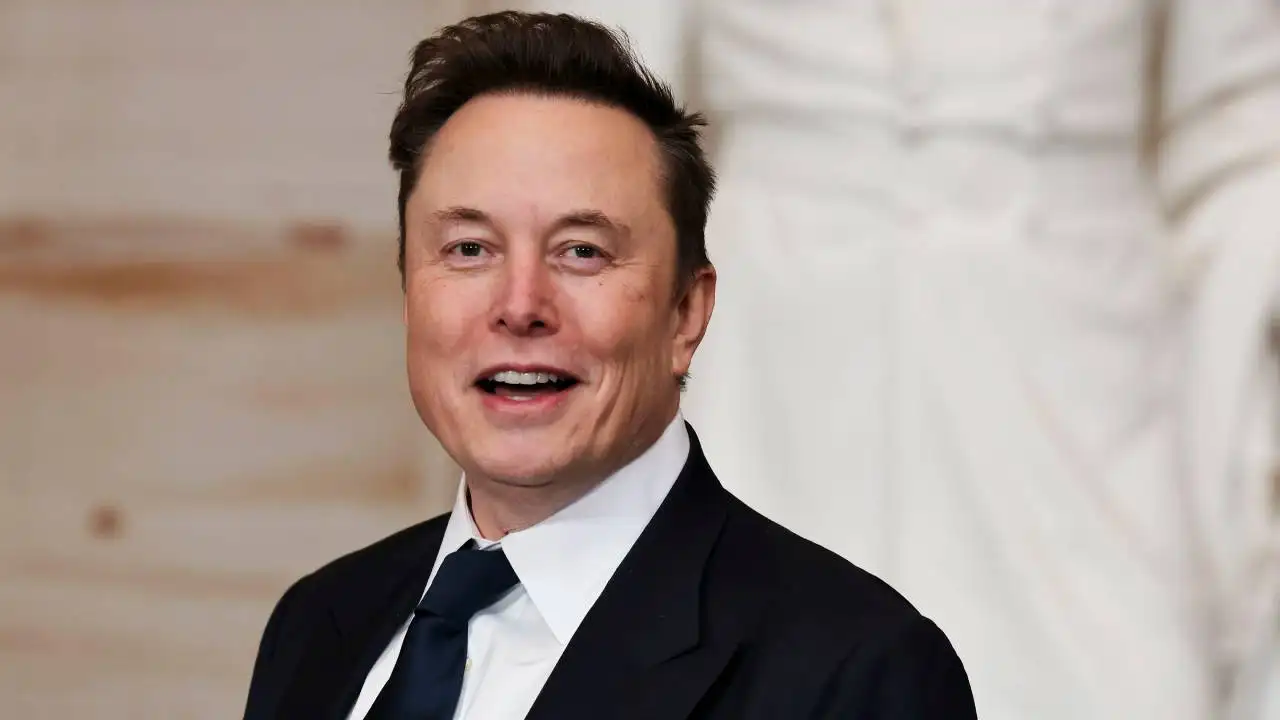Now Reading: Elon Musk Calls for Action to Block Trump-Era Tax Cut Extension: Sparks Debate Across America
-
01
Elon Musk Calls for Action to Block Trump-Era Tax Cut Extension: Sparks Debate Across America
Elon Musk Calls for Action to Block Trump-Era Tax Cut Extension: Sparks Debate Across America

Tesla and SpaceX CEO Elon Musk has stirred political waters once again. In a recent statement, he urged American citizens to “kill” the extension of former President Donald Trump’s tax cut bill—warning that it benefits the ultra-wealthy while increasing national debt. The bold remarks have reignited the conversation around tax equity, fiscal responsibility, and the role of billionaires in shaping public policy.
What Is the Trump Tax Cut Bill?
The 2017 tax reform, officially known as the Tax Cuts and Jobs Act (TCJA), slashed corporate taxes and offered personal income tax relief to individuals—especially those in higher income brackets. While some portions of the act are set to expire in 2025, discussions have begun in U.S. political circles about extending its benefits, particularly for the wealthy.
Musk, one of the richest individuals globally, surprisingly spoke against this extension, calling it “short-sighted” and “damaging to the average American.”
Musk’s Message: A Shift in Tone?
Known for his unpredictable public statements, Musk’s call against tax breaks for the wealthy stands in contrast to previous positions where he often criticized government regulation and taxation. His message appears to acknowledge a deeper concern: the growing wealth gap and unsustainable fiscal policies.
He also warned that extending such tax cuts without reforming public spending could deepen national debt and strain essential services—especially in education, healthcare, and infrastructure.
Reactions Across the Spectrum
The tech billionaire’s comments have sparked divided opinions. Some economic analysts praised his honesty, noting that few in his income bracket speak out against policies that benefit them directly. Others questioned his motives, suggesting the move could be part of a broader political or business strategy.
Common citizens, particularly in middle-income and rural areas—including many Indian-American communities in smaller U.S. towns—expressed frustration over a tax system they feel doesn’t serve them. The debate is particularly relevant in Tier 2 Indian cities like Surat, Indore, and Nagpur, where many families have relatives in the U.S. navigating these economic policies firsthand.
The Broader Implications
Musk’s comments come at a time when many global economies, including India, are grappling with questions around taxation, public spending, and social equity. His statements may influence not only American policy debates but also shape how countries like India evaluate their own taxation models in a post-pandemic economy.
This development also shows how influential business leaders are increasingly shaping public opinion—not just through innovation, but through direct political engagement.
A Global Conversation Begins
Whether Elon Musk’s words will influence actual legislation remains to be seen. However, they have certainly sparked a wider conversation about fairness, economic balance, and accountability.
For Indian readers and global observers, this episode is a reminder of the complex ties between economics, leadership, and public interest in today’s interconnected world.
























